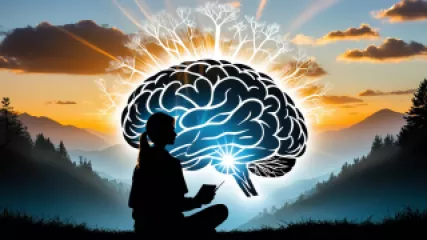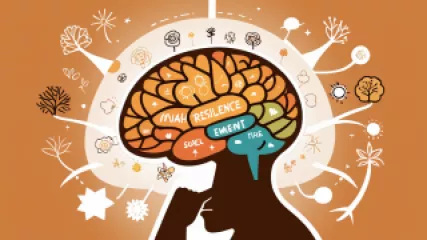Top 10 Online Therapy Tools for Self-Discipline
for 1 år siden
Selvdisciplin
Transforming Emotionally Through Dance Movement Therapy
for 1 år siden
Dansebevægelsesterapi
Learning Emotional Well-Being Basics Through Fiction
for 1 år siden
Terapi Grundlæggende
A Step-by-Step Guide to Veteran Mental Health Therapy
for 1 år siden
Terapi for Veteraner
A Veteran's Guide to Accessing Online Therapy Services
for 1 år siden
Terapi for Veteraner
Veterans Share Inspiring Mental Health Journey: An Interview Feature
for 1 år siden
Terapi for Veteraner
The Therapeutic Benefits of Dance Movement Therapy
for 1 år siden
Dansebevægelsesterapi
How to Master Self-Discipline: 7 Proven Strategies
for 1 år siden
Selvdisciplin
5 Steps to Unlock the Power of Positive Affirmations for Personal Growth
for 1 år siden
Effekt af Positive Bekræftelser
5 Lessons from "The Hurt Locker" for Veteran Mental Wellness
for 1 år siden
Terapi for Veteraner
Building a Self-Discipline Improvement Program: A Step-by-Step Guide
for 1 år siden
Selvdisciplin
Effective Ways to Access Veterans Mental Health Assistance
for 1 år siden
Terapi for Veteraner
Key Findings from Research on Virtual Divorce Counseling
for 1 år siden
Skilsmisserådgivning
How to Improve Self-Confidence in 5 Sessions
for 1 år siden
Selvtillidsopbygning
The Transformative Power of Positive Affirmations: A Research-Backed Exploration
for 1 år siden
Effekt af Positive Bekræftelser















